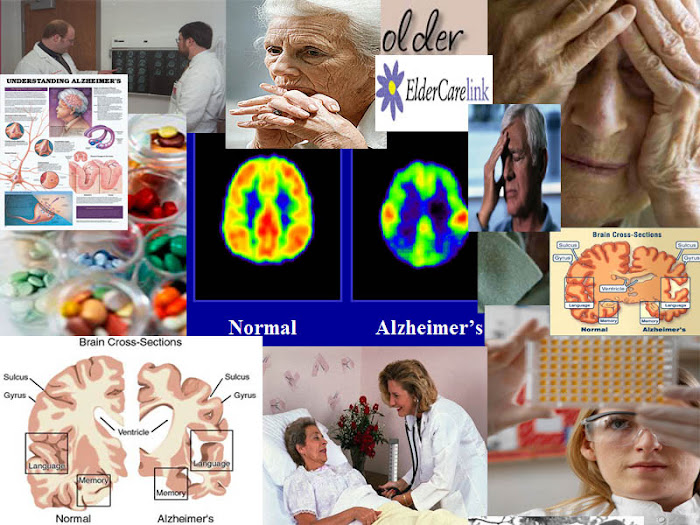I believe last week I had my internship meeting with Mrs. Kretchman, Jordan ( a fellow classmate of mine who will be interning at the Canterberry facitly with me), and Bobbi-Jo my mentor.
Everything went well at the meeting and I am excited to get started with it. While we toured the facility I learned that there was a Dementia Care unit located in the building next to where I would be interning. Mrs. Kretchman and Bobbi-Jo also made it clear that there would be opportunities to complete some of my hours within the unit. I was Fasinated with the idea, seeing how I am hoping to put together a documentory on what life is like inside a facility like that for patients suffering from Dementia. Within the documentry i hope to inteview those who are responsible for treatment, and those who run the unit.
Today I am trying to put together the interview questions for my "documentry/interview." However, im having a little trouble getting started because of my lack of knowlegde. Im not sure who I will be interviewing, nor am I sure whether or not they will be able to coroporate with my project.
This project started off great, but now im starting to hit some kind of platue and I hope it blows over soon because im really starting to loose all patients.
Subscribe to:
Post Comments (Atom)
Key Terms
- 1. Warning Signs: There are 10 classic warning signs of Alzheimer's disease, which include: memory loss, Difficulty performing familiar tasks, problems with language, disorientation to time and place, poor or decreased judgment, problems with obstract thinking, misplacing things, changes in mood or behavior, changes in personality, and loss of initiative.
- 2. Targeted Victims: Most patients with Alzheimer's disease are over 65 years of age.
- 3. Research: Researchers have learned most of what they know about Alzheimer's disease in the past 15 years. Researchers are looking for new treatments to alter the course of the disease and improve the life of the people with dementia. Healh professionals divide symptoms in "Congative, Behavioral and mental" this will help detemine which treatment is best to use in the different cases.
- 4. Counseling: Caring for the caregiver is an essential element of managing the patient with Alzheimer's disease. Caregiving is a distressing expeirence. On the other hand, caregiver education delays nursing home placement of Alzheimer's disease patients. (The three(3) R's: "Repeat, Reassure, and Redirect.") These can help caregivers reduse troublesome behaviors and limit the use of medications.
- 5. Treatment: There is no cure for Alzheimer's disease but there are drug and non-drug treatments that can help with both "Cognitive" and behavioral symptoms.
- 6. Alzheimer’s Disease: Is a brain disease that destroys brain cells which causes problems with memory, thinking and behavior. It is sever enough to affect work, lifelong hobbies, or social life. It gets worst over time, and is fatal. It is the sixth-leading cause of death in the United States.
Helpful Links
- Alzheimer's Association
- Alzheimer's Disease Research
- Alzheimers association:AD Facts & Figures
- Class Blog Center
- HelpGuide: Caregivers Guide
- HelpGuide: What Care Givers Need
- Knowing The Stages of Alzheimers
- Making the Diagnosis
- Managing Alzheimer's with Combination Care
- MedicineNet: Symptoms,Diagnosis,& Treatment (AD)
- Namenda: AD and Its Effects on The Brain
- Namenda: Symptoms & Stages
- National Institute of Aging
- Stages of Alzheimers
- WebMD
- What is Alzheimers
- wikipedia: AD Caregiving and Dementia
- Wikipedia:AD

No comments:
Post a Comment